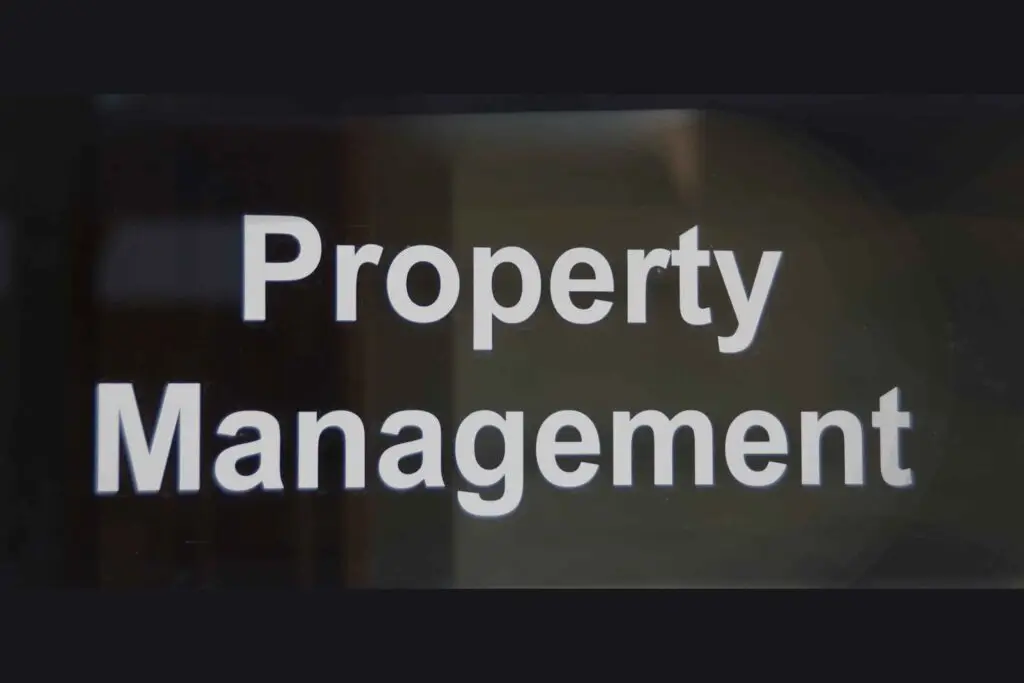Real estate investment has always been a successful technique to increase wealth. One such invaluable tool in the arsenal of investors is real estate leveraging. Utilizing leverage enables real estate investors to optimize their investment money and potentially amplify their returns.
In this article, we will delve into the concept of real estate leveraging, its mechanics, and practical strategies to enhance your real estate worth. If you are a real estate investor who wants to grasp the techniques of leveraging real estate to build wealth, keep reading the post for a clear insight.

Leverage in Real Estate: An Overview
Leveraging in the real estate industry refers to employing borrowed funds to finance an investment. Essentially, leverage acts as an amplification tool in the real estate business. Think about investing $100,000 in real estate. Through borrowing an additional $300,000 from a lender, you may leverage this capital to gain control over a more substantial asset valued at $400,000. This exemplifies the power of leveraging in real estate.
Leveraging is a great tool for investors because of its distinct advantages. When a property appreciates in value, your net worth experiences growth that hinges on both your initial investment and the entire value of the $400,000 asset. However, one should always exercise caution while using leverage to build wealth, as it can also amplify potential losses. Apply a thoughtful approach and a well-defined plan while utilizing this wealth-building strategy.
How to Use Leverage to Build Wealth

1. Mortgage Financing:
Mortgage financing is the most commonly used method for property acquisition. This technique allows both property owners and real estate investors to leverage their capital by securing a loan from financial lenders like banks, mortgage lenders, etc. Leveraging a mortgage is a highly effective technique for investors with a relatively smaller upfront investment. Mortgage financing offers the potential for long-term wealth accumulation and property appreciation, making it a popular avenue for building real estate portfolios.
2. Selection of Right Area:
Your ownership share is represented by the initial deposit you contribute, while the mortgage loan provides the leverage for property acquisition. As the property’s value appreciates, your interest also grows, resulting in a corresponding increase in your overall net worth. Acquiring homes in locations with the potential for significant appreciation aligns with intending to build wealth through real estate investment.
3. Home Equity Line of Credit (HELOC):
If you already own a home with equity built up, it can be worthwhile to look into getting a Home Equity Line of Credit (HELOC). HELOC is a valuable strategy that allows you to tap into the equity you’ve built in your home, providing you with the financial flexibility to invest in additional properties or enhance your existing real estate portfolio through property upgrades and improvements.
4. Private Funding:
Under specific circumstances, individuals with investors with greater portfolios may be open to providing funding for real estate investments. Leveraging your capital in this manner can provide you with a degree of flexibility, and the terms of such arrangements often tend to be more adaptable compared to those offered by traditional lenders. This funding technique can be particularly advantageous in certain real estate investment scenarios, offering greater customization and negotiation potential to suit your investment needs.
5. Finance from Sellers:
In certain situations, sellers may provide financing for an option of the purchase price themselves. This presents an opportunity to acquire properties for less money while still reaping the benefits of property leveraging.

6. Collaboration with Investors:
Collaboration with investors through real estate partnerships gives access to more capital and knowledge. When properly structured, these partnerships enable the pooling of resources and the utilization of each other’s strengths and advantages. This synergy enhances the capacity to leverage resources for successful real estate ventures.
7. Real Estate Investment Trusts (REITs):
Real Estate Investment Trusts (REITs) are businesses that own or provide financing for income-producing real estate across a variety of real estate markets. By investing in REITs, you can indirectly capitalize on the benefits of real estate investments, while avoiding the property management responsibilities.
8. Value Added Strategies:
Look for properties that may help you build wealth from upgrades or repairs. By enhancing a property’s condition and value through strategic improvements, you can significantly boost its market worth. This strategic approach may improve the effectiveness of property leveraging as it enhances the potential for higher returns on investment.
Managing Risks Associated with Leveraged Real Estate Investing

Even though it can be an effective strategy for increasing wealth, property leveraging carries inherent hazards. The following are the crucial elements that should be taken into account to manage these risks effectively:
1. Cash Flow Management:
Effective cash flow management is important for a successful real estate investment. Ensure that your rental income consistently covers all of your expenses, which should include your mortgage payments, property taxes, and insurance. A positive cash flow not only offers financial stability but also provides a buffer against fluctuations in property value and unexpected expenses. Investors looking for a resilient portfolio must focus on managing the cash flow strategically.
2. Interest Rates:
Fluctuations in interest rates may impact both your borrowing costs and overall returns. To mitigate this risk, select fixed-rate mortgages, which provide stability by locking in your interest rate over the life of the loan. Monitoring interest rates helps you maintain predictability in your financial planning, ultimately safeguarding your investment returns.
3. Market Research:
Conduct thorough market research before making any real estate investment decisions. Focus your attention on sectors and locations with strong growth potential. This strategic approach reduces the risk of being adversely affected by declines in real estate values. Knowing about the latest real estate market trends helps you create a successful real estate investment strategy.

4. Diversifying Portfolio:
Diversifying your real estate portfolio across various assets and marketplaces will help you avoid borrowing. This approach effectively spreads out the associated risks, providing a more balanced and resilient real estate investment portfolio.
5. Debt Management:
Effectively managing leveraged debt is essential in real estate investment. For favorable;e financing terms, it’s crucial to maintain a keen awareness of your overall debt burden and to ensure a high credit score. A strong credit score allows you to access financing and contributes to the success of your real estate investment endeavors.
Final Thoughts

Leverage in real estate can be an effective tactic for improving your property’s net worth. However, it should be used cautiously and with careful consideration. You can increase your investment potential and hasten the process of wealth-building in the real estate sector by borrowing money from lending institutes. Anyway, it’s imperative to control hazards. To optimize the benefits of property leveraging while mitigating potential drawbacks, staying well-informed about market conditions and exercising discipline is essential. Ultimately, judicious use of leverage can play a pivotal role in achieving long-term financial success in real estate ventures.
If you’re eager to excel in the real estate industry and wish to master the nuances of leveraging, don’t hesitate to reach out to our team of seasoned experts. We would love to help you with our wealth of knowledge and experience that may assist you in navigating the complex world of real estate successfully. To begin your journey toward achieving your financial goals in real estate, click HERE.
Disclaimer:
The information provided by Elysium Real Estate Investments LLC in this article about leverage in real estate is for informational purposes only and should not be considered legal, financial, or investment advice. Any decisions or actions taken based on this information are at the reader’s sole discretion and risk. It is advisable to consult with qualified professionals, such as legal, financial, or investment advisors, before making any real estate investment decisions. Elysium Real Estate Investments LLC disclaims any liability for the accuracy, completeness, or reliability of the information presented in this article.
LEARN TO INVEST WITH US.
We accept queries from accredited domestic and foreign investors seeking single and small multifamily investment opportunities.











